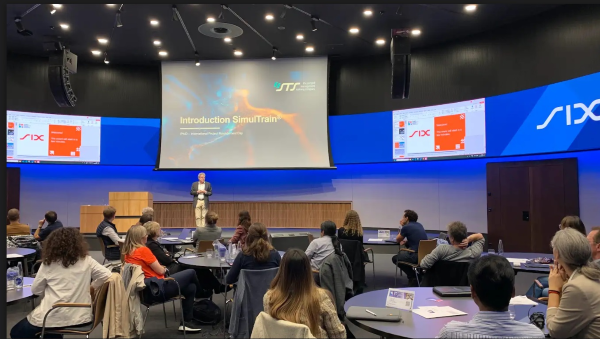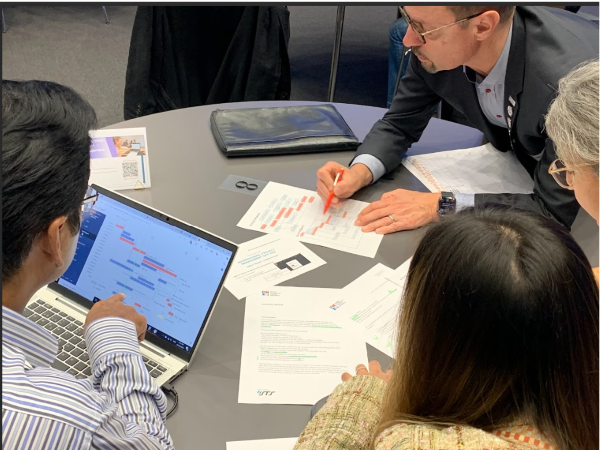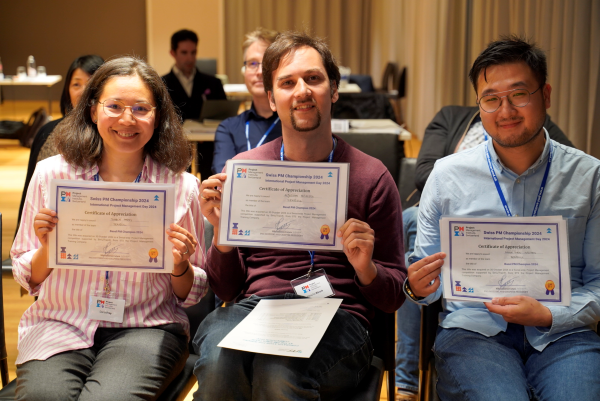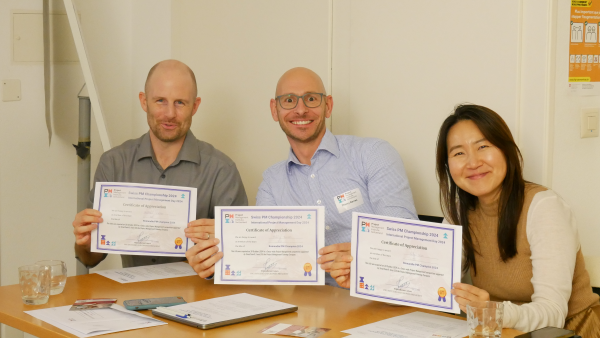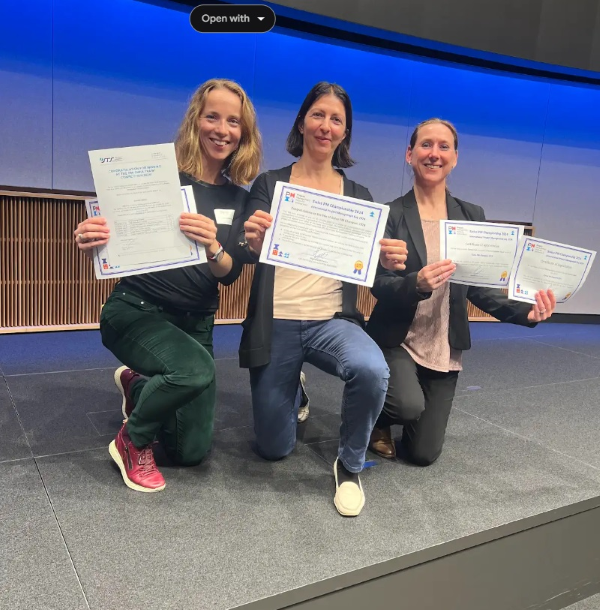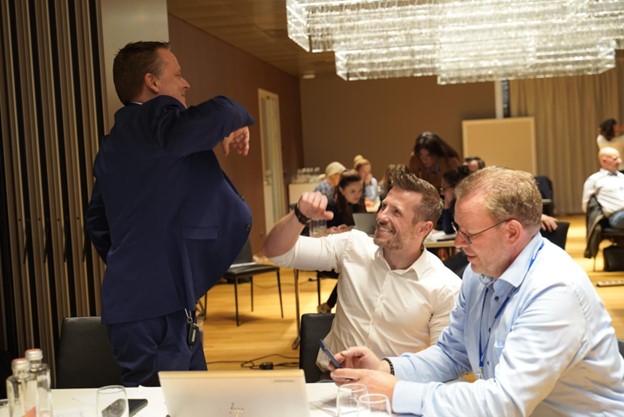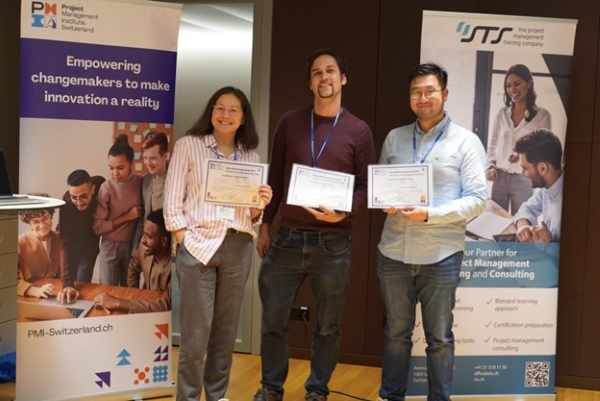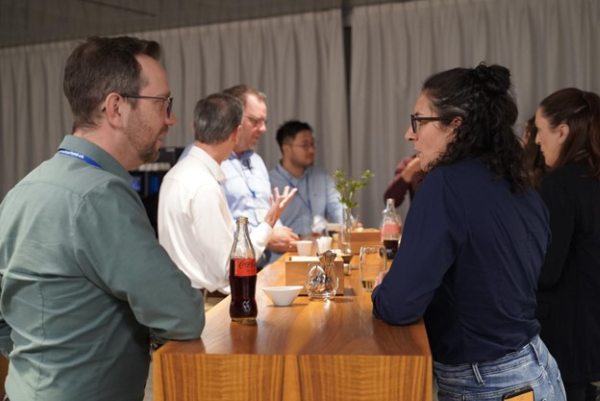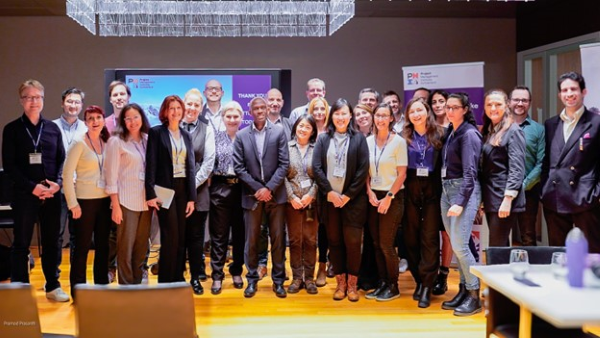Author: Florian Ivan PMP, IPMA B, DAC, DASSM, CSP

AI Took My Job… To Make It Better
We’ve all heard the fear-mongering headlines: “AI is taking over our jobs!” But what if, instead of taking away our livelihoods, AI is here to help us unlock new opportunities, enhance creativity, and add more value in ways we couldn't before?
The reality is, AI isn’t taking away jobs—it's taking away the parts of our jobs that don't contribute much value.
In fact, AI may have "taken my job," but it’s also given me the tools to make it better. Let’s explore how.
AI and the Shift Away From Non-Value-Adding Tasks
We all have parts of our jobs that feel like time sinks—those repetitive, mundane, and sometimes mind-numbing tasks that don't really drive the needle forward. Whether it’s sifting through emails, filling out endless spreadsheets, or trying to schedule meetings across time zones, these tasks are necessary, but they don't add value. They just take up time and energy.
Enter AI.
With AI, these non-value-adding tasks are being automated. Instead of spending hours on administrative work or data crunching, AI tools can now handle these tasks in a fraction of the time and with greater accuracy. By taking over routine and repetitive functions, AI frees us up to focus on what truly matters: high-value, impactful work.
In essence, AI allows us to spend more time doing the things that humans are uniquely good at.
Shifting Focus to Value-Adding Tasks
Now that AI is handling the repetitive work, we have the capacity to focus on value-adding tasks. What are value-adding tasks? These are the activities that generate meaningful impact for your company, your customers, or your team. This includes things like:
- Developing innovative solutions to complex problems
- Building relationships and fostering collaboration
- Crafting creative strategies that move the business forward
- Leading initiatives that inspire and motivate teams
AI can even enhance these high-value activities by providing new tools, new insights, and new ways of thinking. For example, AI can analyze vast amounts of data and uncover patterns we might have missed, giving us fresh ideas to consider. It can also assist in brainstorming by generating new concepts or enhancing our own creativity with suggestions that we may not have thought of.
In this way, AI doesn't just eliminate non-value-adding tasks—it empowers us to maximize the value we create in our roles.
Are You Creating Value in Your Role?
Here's the tough question: How much of your job is truly adding value?
If your daily tasks primarily consist of repetitive, low-skill activities, there’s a good chance that AI could one day replace your job entirely. But if you're already focused on creative, strategic, or problem-solving work, AI will make you even more valuable.
The future belongs to those who contribute in ways that AI cannot. If your role involves critical thinking, empathy, leadership, or creativity, you’re in a position to not only survive but thrive alongside AI. The key is recognizing what parts of your job are high-value and continuously developing those skills.
AI: A Partner, Not a Threat
Rather than thinking of AI as a job thief, it's more useful to think of it as a partner. AI tools are here to help us do our best work. They're not here to replace the human mind but to augment it, giving us more bandwidth for creativity and innovation.
In every industry, AI is helping us get rid of the noise—the routine tasks that clutter our days—and allowing us to focus on what really matters.
The Future of Work: Embrace AI to Enhance Your Value
So, instead of fearing that AI might "take your job," ask yourself: How can AI help me add even more value in my role? If you're focused on creating impact through innovation, leadership, and creativity, then AI isn’t a threat—it's a tool that can help you achieve even greater success.
In this new era of work, value-adding tasks will be the key to staying relevant and competitive. The question is, are you ready to embrace AI as a partner in your career evolution? Because if you are, AI won’t take your job—it will make it infinitely better.
AI Masterclass
Should you wish to deepen your understanding of how AI can be effectively applied in project management, we would like to invite you to attend the 1-day masterclass on November 9th. This class has been designed to equip you with the knowledge, tools and insights that would allow you to put AI to work in real-life scenarios.
For further information and registration, please visit the event page.




